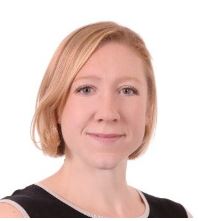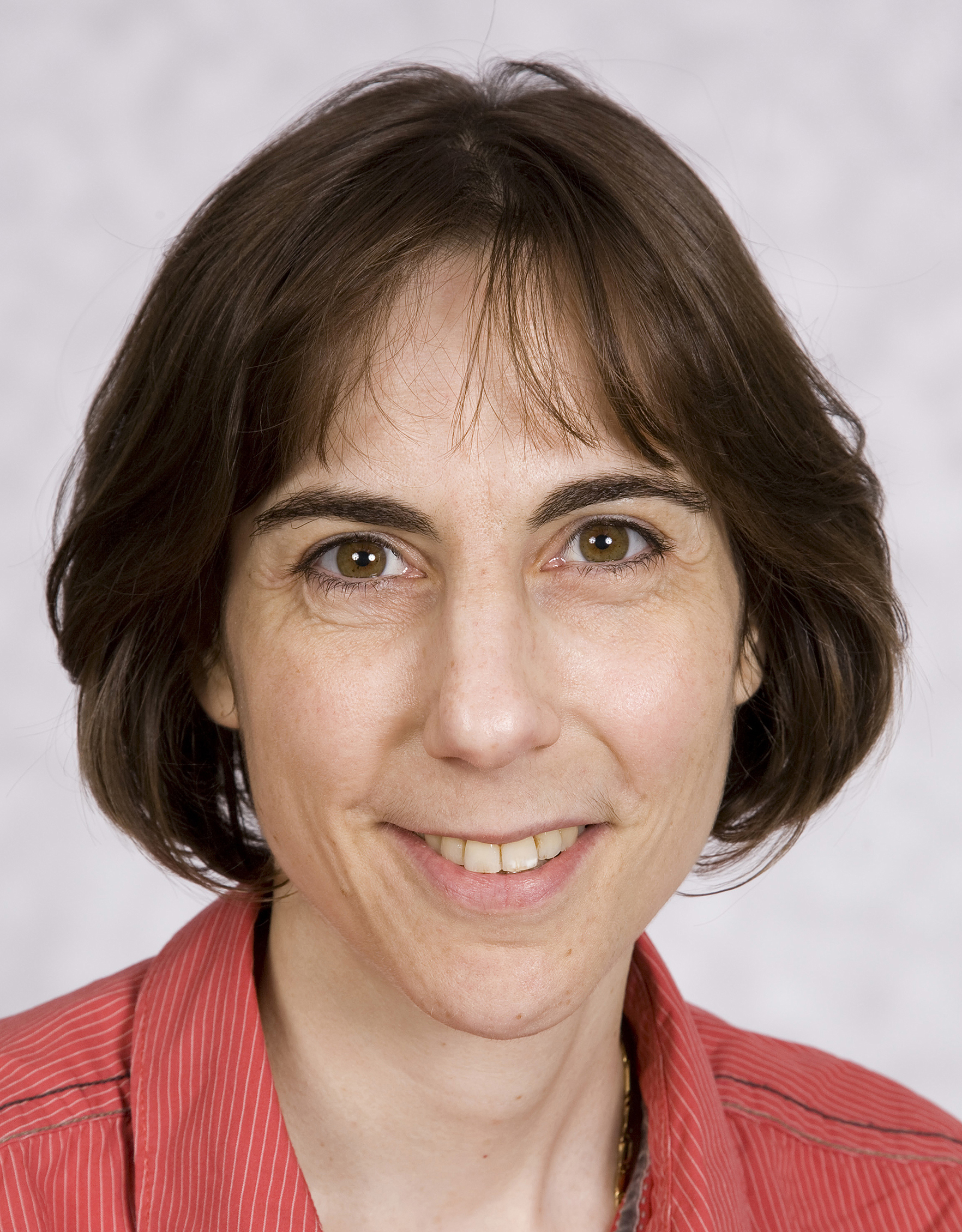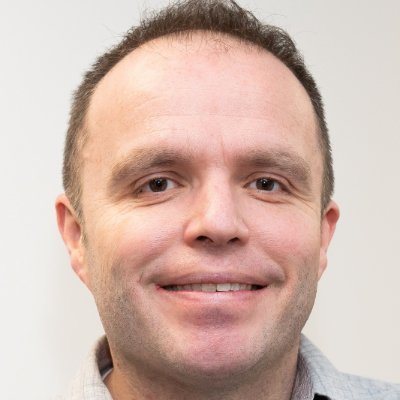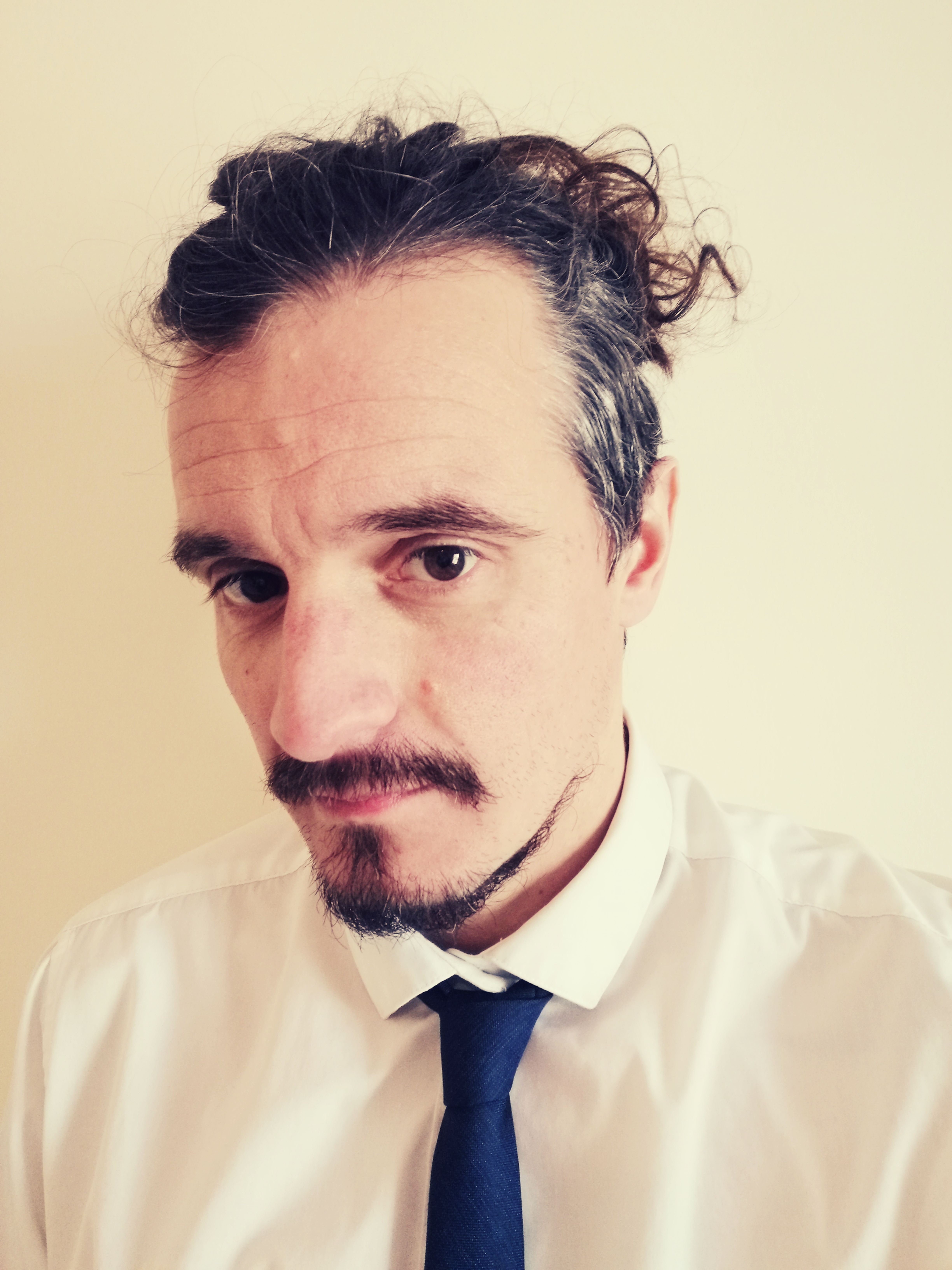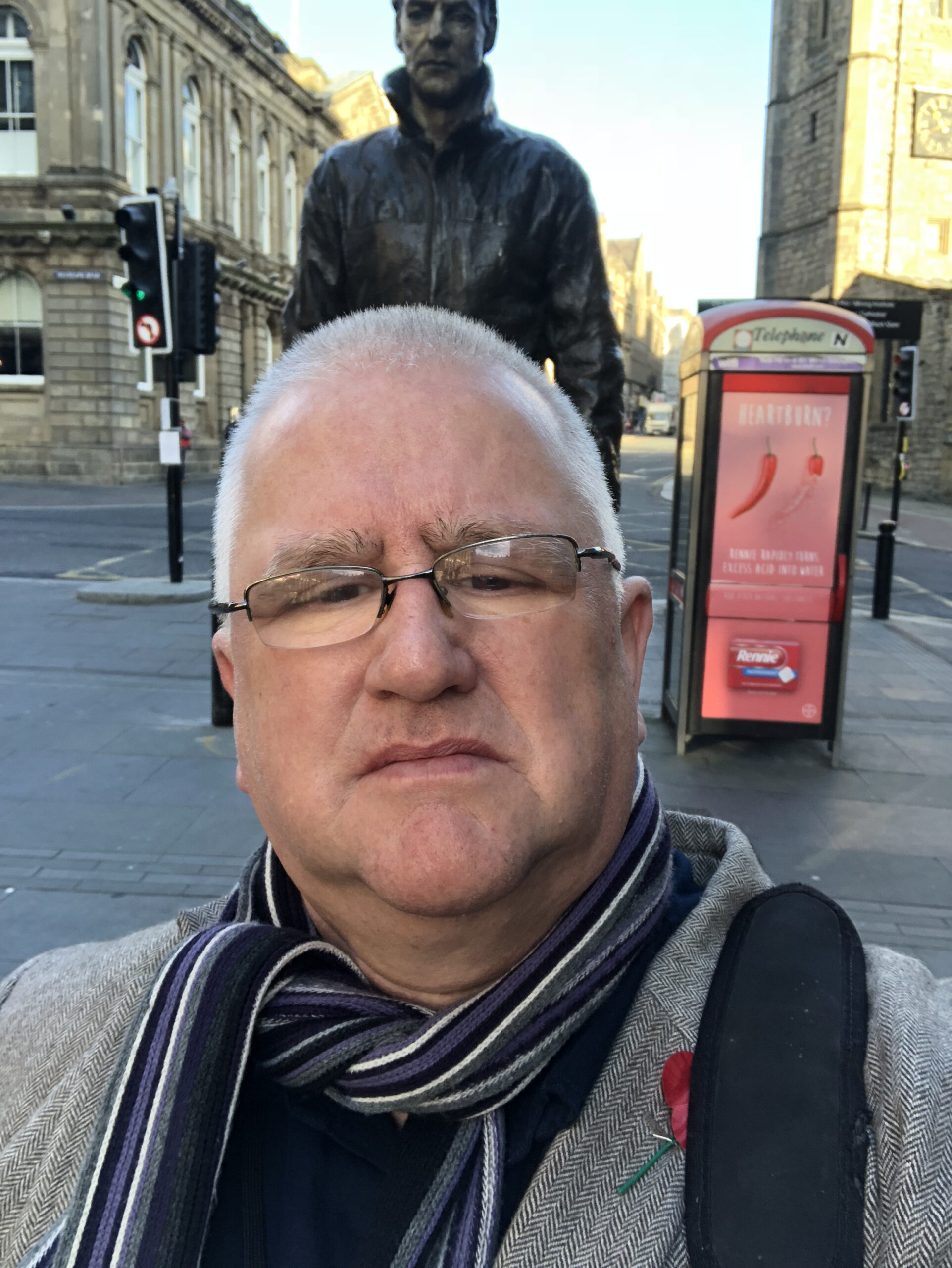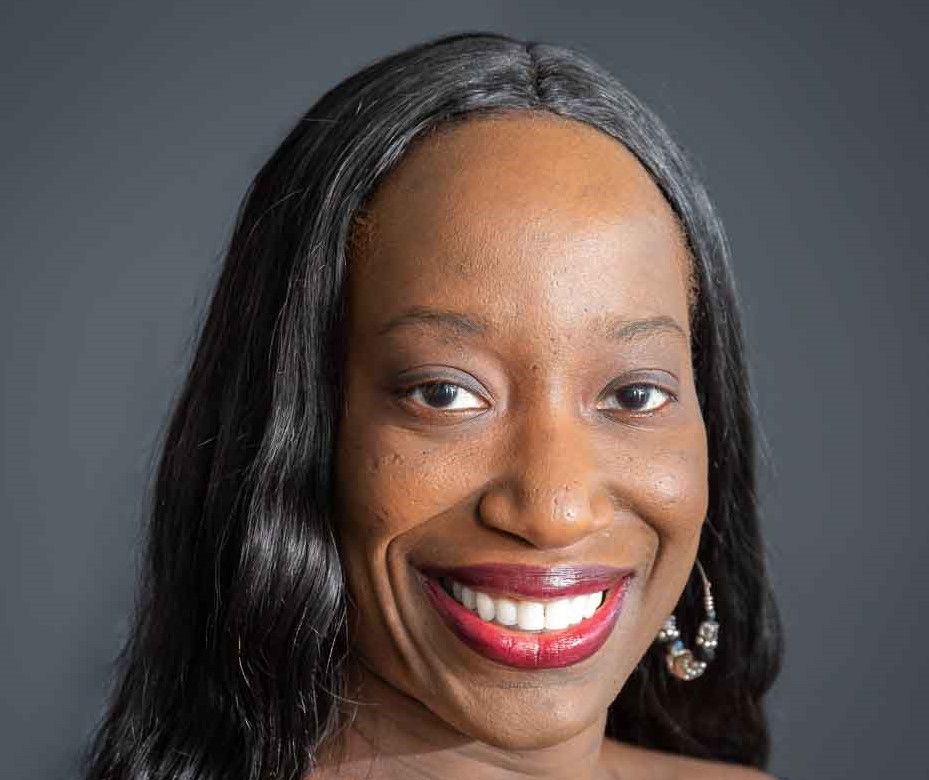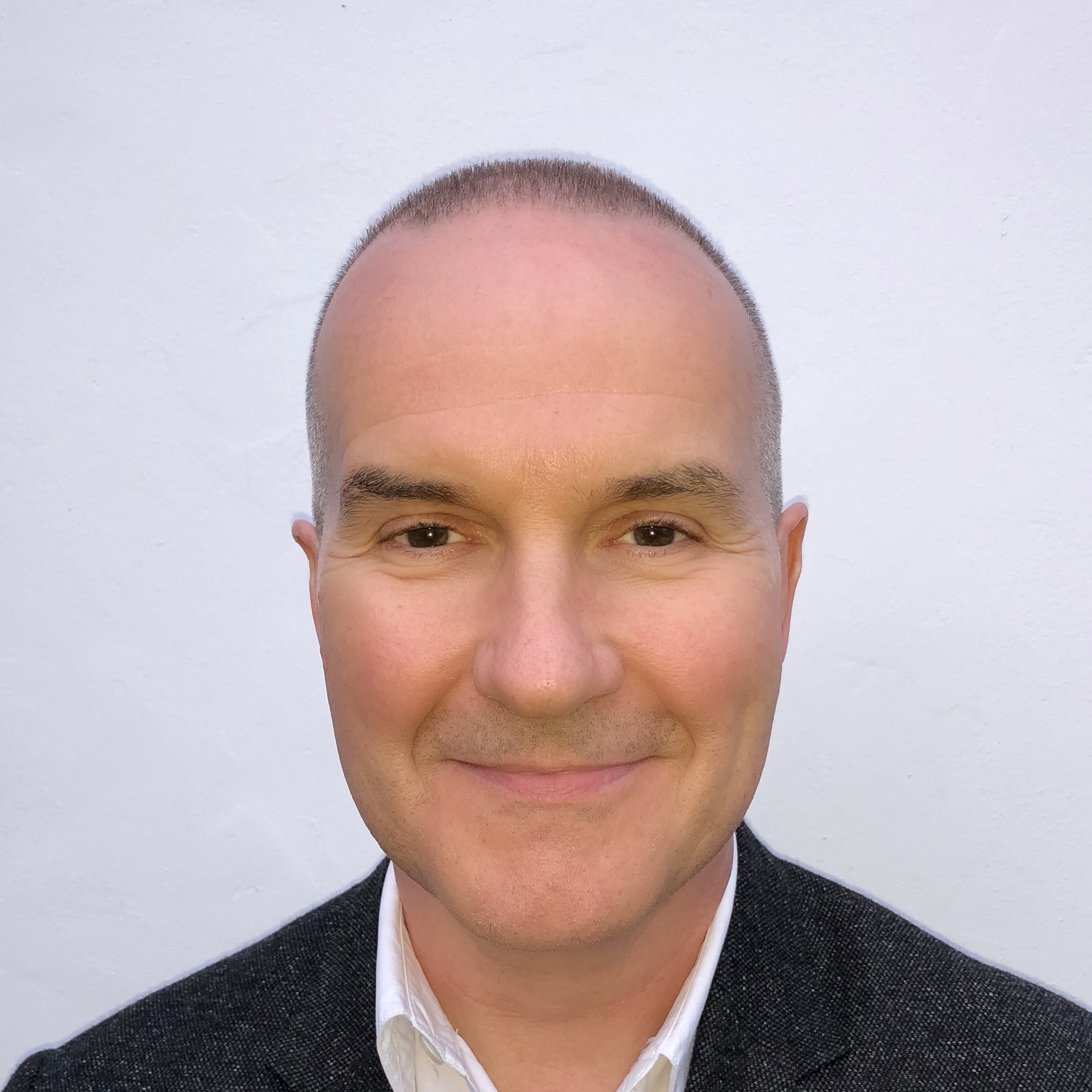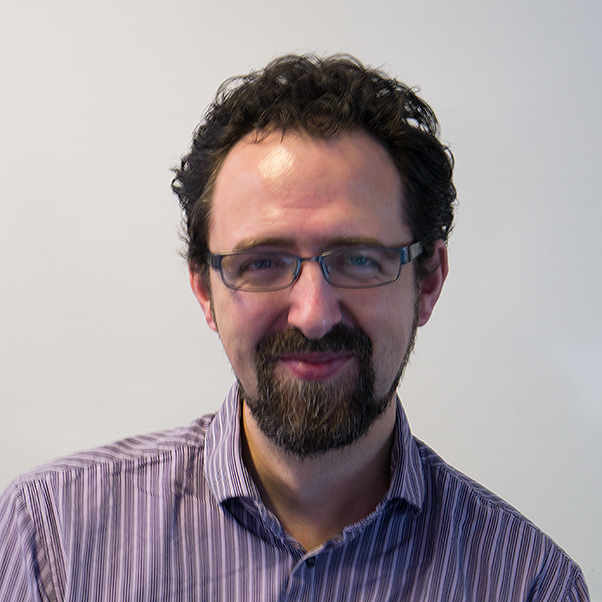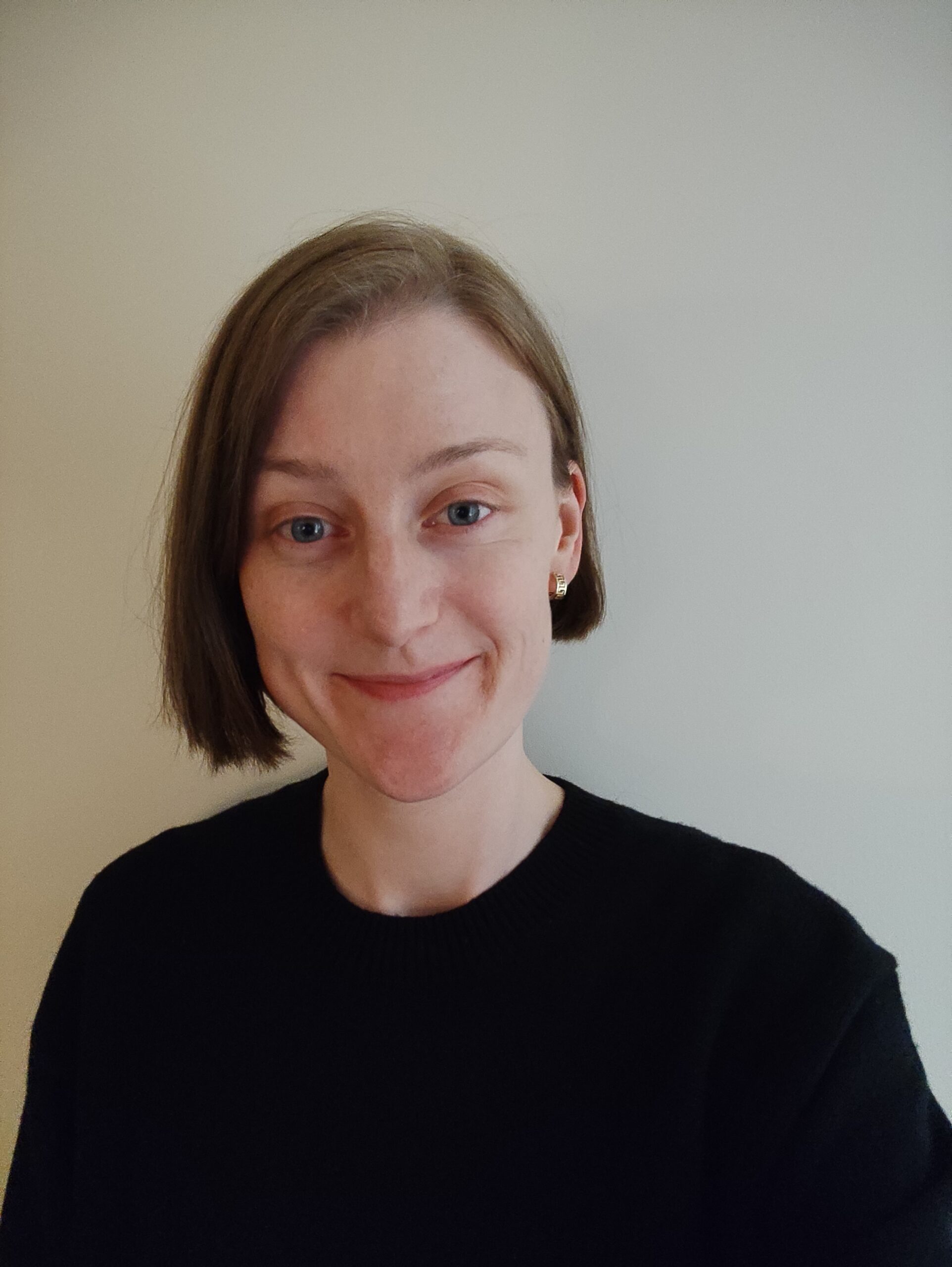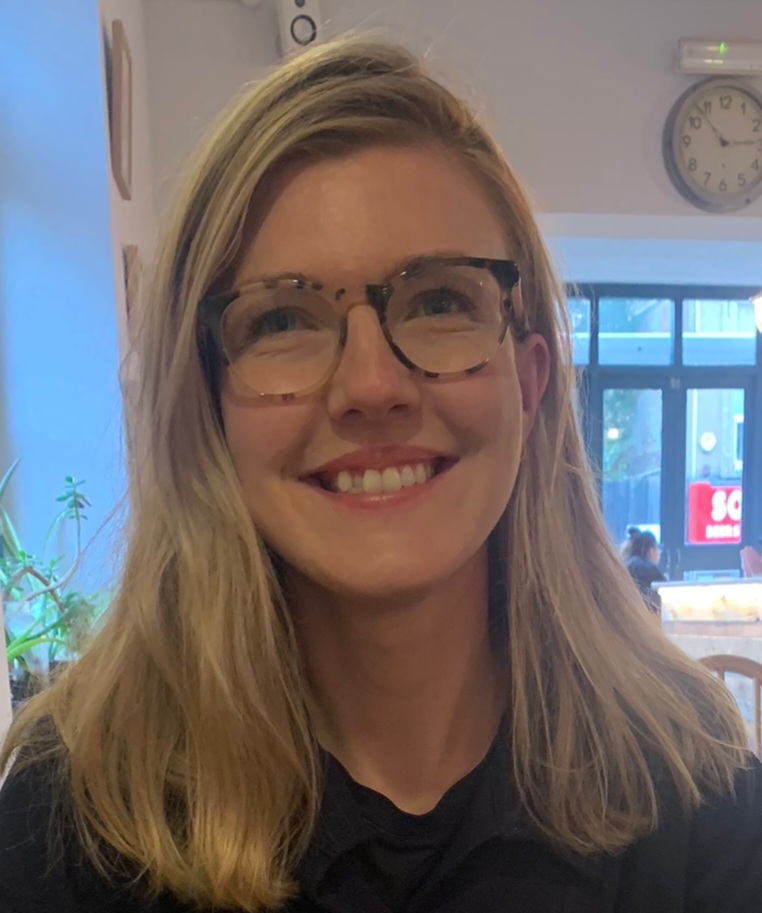About the SSA
Skip to section
Welcome to the Society for the Study of Addiction
The Society was founded as the Society for the Study and Cure of Inebriety in 1884, and is the oldest organisation of its type in the United Kingdom. The website allows you to explore the history of the Society and its members, and doing so will bring to life many of the debates that have surrounded the issue of addiction over the past 130 years. The mission of the Society is to broaden and promote the scientific understanding of addiction, and we particularly aim to help clinicians and policy makers get research evidence into practice.
Our aim
Our aim is to add to and promote the scientific understanding of addiction and problems related to it.
Our objective
Our objective is to advocate the use of the evidence-base in policy and practice.
Strategic aims
To support the human capital of addiction researchers and practitioners.
To preserve the integrity and quality of innovation in the addictions field.
To harness and communicate the evidence base to inform policy and practice.
To identify and address the problems of individuals and populations of special vulnerability and liability to harm.
Objectives
- To support publication of the Society journals.
- To have schemes to support training and education in addiction careers.
- To make available travelling scholarships.
- To organise and hold an annual conference, for members and non-members.
- To support addictions conferences.
- To explore and disseminate innovations in theory and practice.
- To communicate the evidence base to policy makers.
- To support specific policy projects.
- To communicate research findings to practitioners.
- To support the setting up of addictions professionals’ associations and societies.
- To maintain the Society website and online resources.
Board of Trustees
Advisers to the Board
SSA Management Team
Honorary Fellows
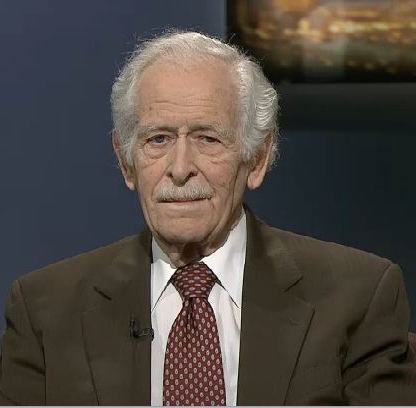
1994: Harold Kalant
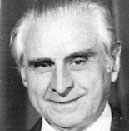
1995: Jorge Mardones
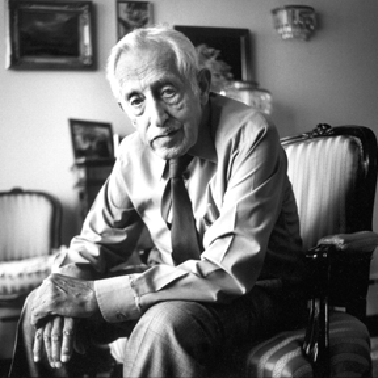
1996: Max Glatt
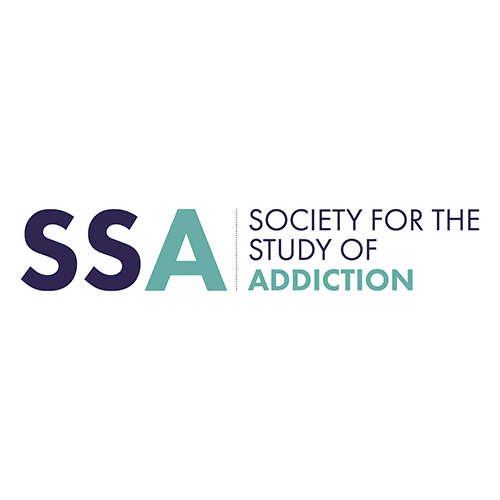
1996: Joy Moser
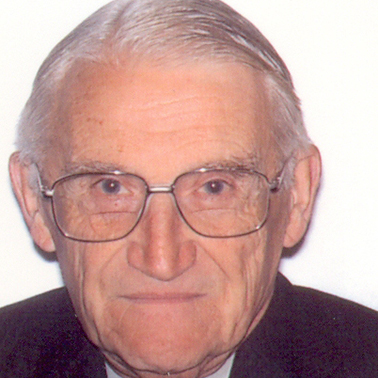
1997: Thomas Bewley
Lorem ipsum
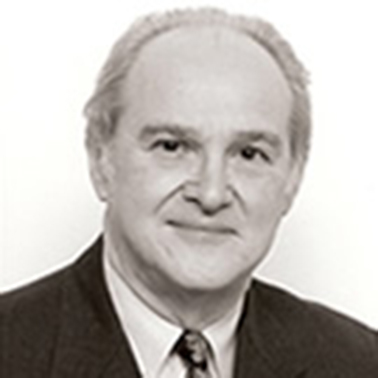
1997: Jerome Jaffe
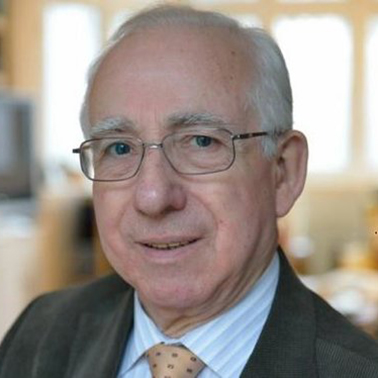
1998: Malcolm Lader
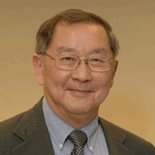
1998: Ting Kai Li
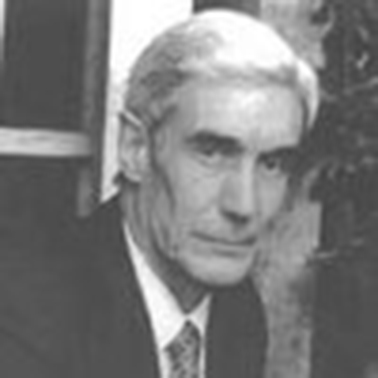
1999: Robert Kendell
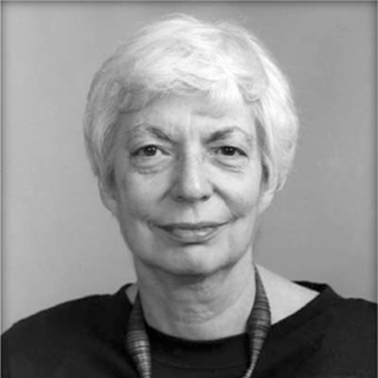
1999: Lee Robins

1999: Michael Russell
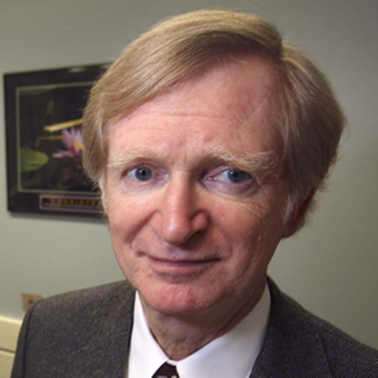
2000: Thomas F Babor
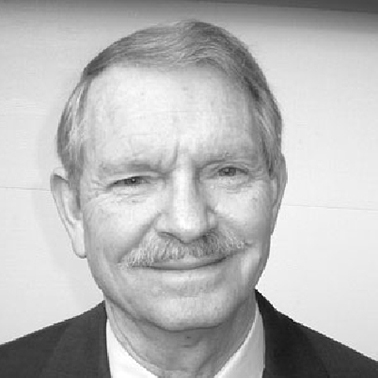
2000: Harold Holder
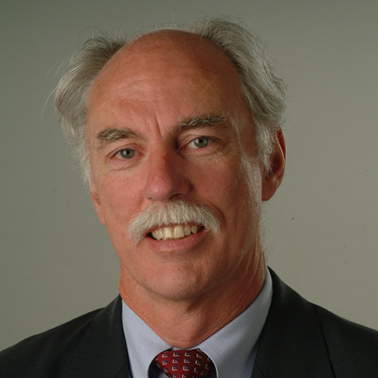
2000: Thomas McLellan

2000: Max Glatt (Distinguished Fellowship)
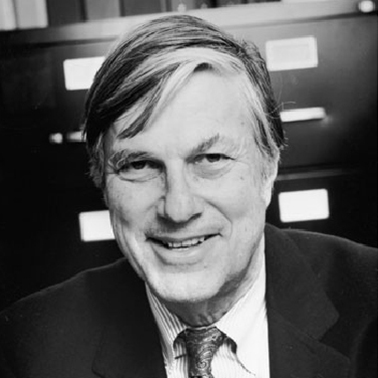
2001: George Vaillant
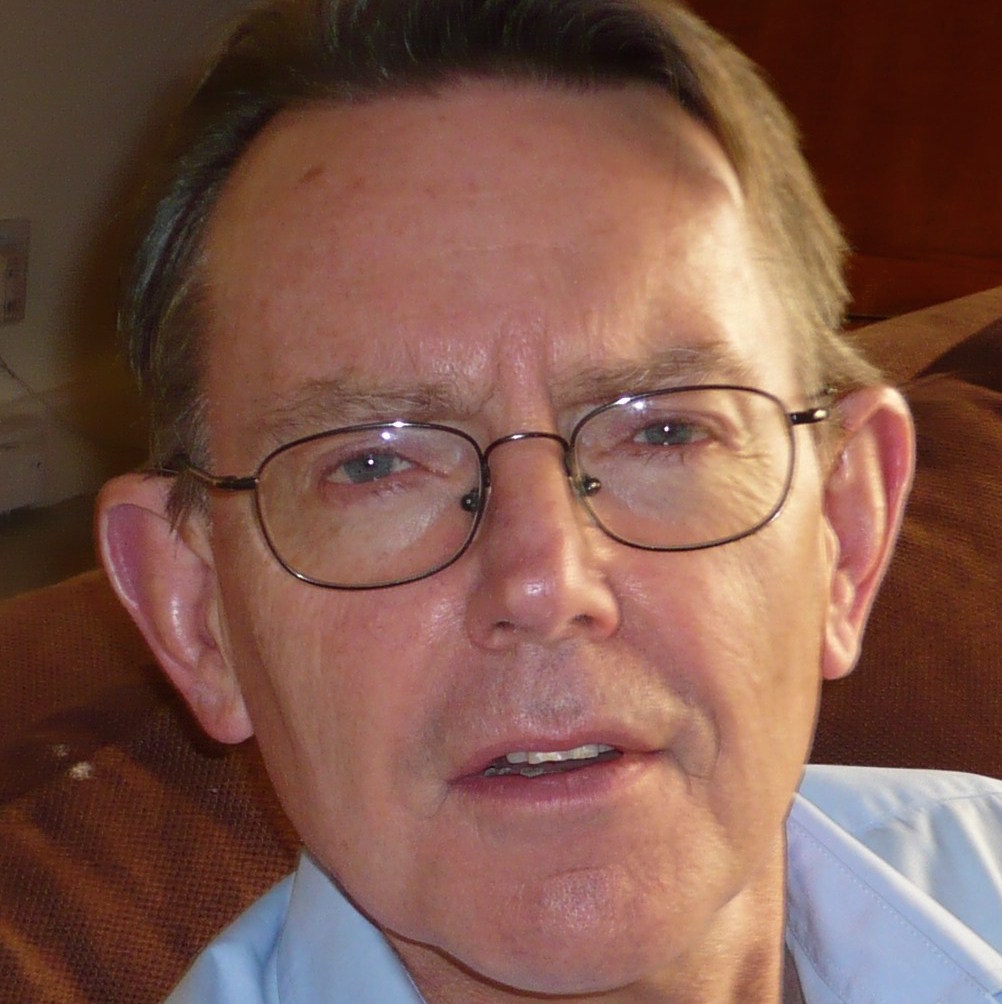
2004: Dr Jonathan Chick

2004: Ms Pat Davis

2004: Professor Masaomi Iyo

2005: Griffith Edwards (Distinguished Fellowship)
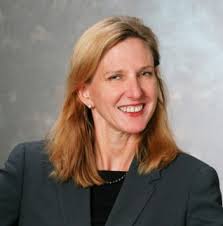
2005: Dr Kathy Carroll
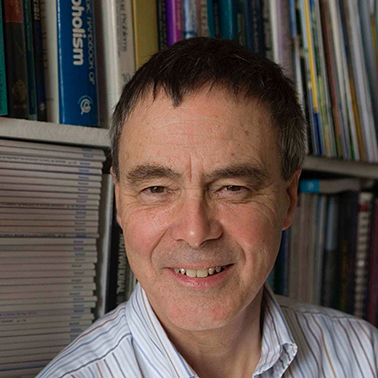
2006: Professor Jim Orford
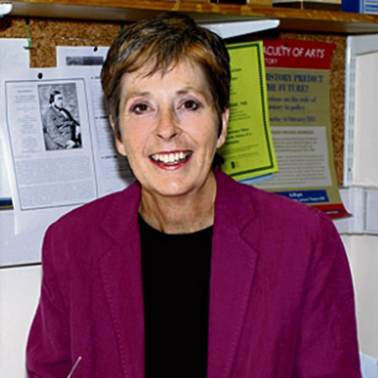
2008: Virginia Berridge
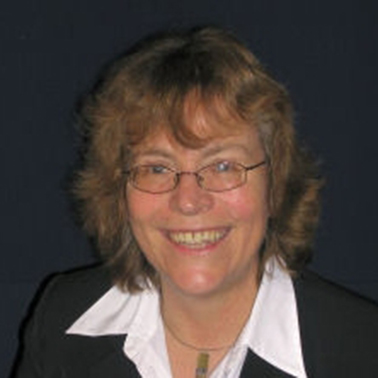
2009: Professor Christine Godfrey
Governance and constitution
The Society for the Study of Addiction (the Society) is established for charitable purposes and is constituted as a company limited by guarantee governed by its Memorandum and Articles of Association, last amended in November 2023.
Governance
Most of the trustees of the Society (the Board) are elected by the membership and their role is to provide scientific, business and financial direction to the charitable company, in accordance with the following role description.
– The Board shall have not less than three nor more than 15 members., with the Board having the power to co-opt additional trustees with the same powers as elected members, provided that at the time of co-option no more than one-third of the trustees are co-opted. Trustees elected from amongst the members serve until the declaration of the result of the elections held in the third year following the elections at which they were elected. A co-opted trustee must retire on the third anniversary of his or her appointment.
– Training in aspects of good governance is given to trustees as appropriate and an induction process is carried out for all new trustees.
– The Officers of the Board consist of the President, Vice President, Chair of Governance and the Treasurer together with other officers as deemed necessary by the Board. A Governance committee consisting of several trustees has been set up to aid and direct the Board in all aspects of governance and specifically to ensure that the Board adopts and follows recommended practice for smaller charities given in the “Charity Governance Code”. Other committees and panels exist to monitor the Society’s finances, strategic plans and its academic schemes, journals and other publications. A Chief Officer is appointed by the trustees to manage the day-to-day operations of the Society. The editors of the Society’s journals are appointed by the trustees.
Ethical policy
Our trustees have a duty to serve the aims of the Society impartially, declaring any potential conflict of interest, and withdrawing from any related decision-making process.
The Board believe that research should be ethical at all times and that any relationships (financial or otherwise) between students, researchers or trustees and industry (either directly or via any industry-supported research body or advisory committee or board) is a potential conflict of interest depending on the precise nature of the relationship. Such relationships (prior or existing) should therefore be declared in all applications so that the Board can assess whether the conflict would unduly influence the application.
Privacy policy
You can view our privacy policy by clicking here.
Concerns and complaints policy
View our concerns and complaints policy by clicking here.
Constitution
Please see the Articles of Association for the Society for the Study of Addiction.
Join the SSA
The SSA has an international membership and is open to individual practitioners, researchers and policymakers working in the addiction field.



